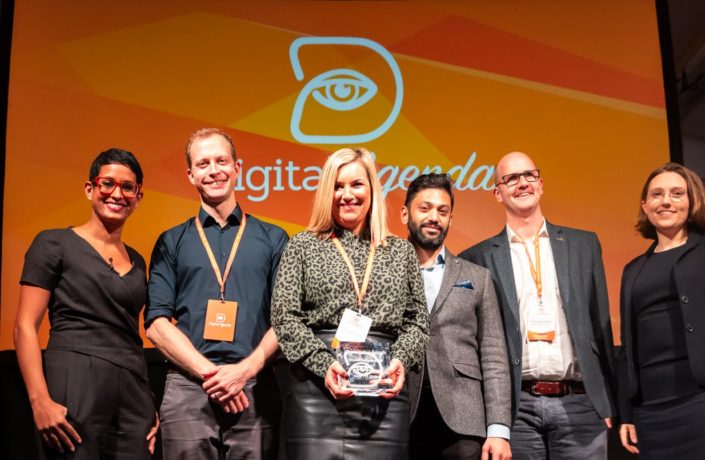 Insight
Insight


Charities know that digital technology can boost their impact, but getting started is a challenge.
It wasn’t so long ago that we were talking about the wonders of email — now companies are getting very excited about artificial intelligence. How did the social sector get so far behind? How can we catch up?
It’s encouraging that many charities are aware of the potential for digital technology to enhance their impact, but getting started remains a hurdle. Here are some practical ways that charities and social enterprises can work with external partners to close the gap.
Use the digital maturity matrix to take stock of your organisation — how does it compare to the benchmarks [pdf] on things like digital strategy, technical infrastructure, audience research and your ability to develop in the future?
Data protection is a particular issue in the sector, so use the social sector data maturity framework to assess your organisation’s progress here, as well as on a range of other governance and leadership issues.
Help from external partners can take two forms: identifying a strategy for improvement, and talking tactics to help plan and deliver achievable solutions. With both, the aim is to move from having a general awareness of the opportunities that technology presents to understanding how they relate to your organisation in particular.
Making sure that charity leaders are able to match technology capabilities with organisational needs is an important place to start. The Centre for the Acceleration of Social Technology (CAST) runs a digital fellowship [pdf] to equip senior charity folk with the practical knowledge and experience to do just this.
Meanwhile, Datakind offers workshops run by expert volunteers to boost social organisations’ understanding of what’s possible with data science.
Some consultants, like NPC, work only at the strategic level (setting objectives and identifying opportunities). Others can help with practicalities, too. Techdept, a technology agency working across the commercial and social sectors, has produced a digital transformation masterclass.
Organisations of different sizes and levels of maturity fit consultancies and agencies with certain skills and experience.
Big organisations can be like ocean liners and need careful steering from specialised partners — especially if they are less digitally mature. Smaller, more tech-savvy organisations can often make changes in a more agile way, for example by working with partners that typically only serve the commercial sector and learning from them on the fly.
Most tech projects require a combination of technical skills. The weaker an organisation’s own tech capability, the riskier it is to hire multiple specialist providers rather than a single agency with all the skills required for a project. For the same reason, it’s difficult to use freelancers effectively if you don’t understand their expertise.
As with any purchasing decision you should always compare several potential suppliers, even if you have existing relationships or have been recommended a provider. Online marketplaces like Toptal and Crew are a good way to find freelancers if your organisation is digitally mature enough to manage them.
Getting help from someone with experience on similar projects is, if possible, also a wise move. Super Global is a non-profit initiative to help charities, NGOs and social enterprises find creative and tech partners, and collaborate with them effectively.
This is a “how long is a piece of string?” question. To give you a sense of the parameters, this tool calculates a rough estimate for building a mobile app.
In the UK, agencies often quote £300–£1,500 per person per day for application designers and developers, and £400–£3,000 for data scientists and AI specialists, though they will often give discounts to social organisations. Freelancers are usually cheaper but the very best command similar rates. In general, you tend to get what you pay for but be cautious at either extreme.
There are a raft of initiatives where individual designers, developers and data scientists can donate time to working on issues. It’s tempting to accept pro-bono work from well-meaning companies, but this can be a bad idea.
Starting is easy. The good news is that all the obstacles preventing social organisations from turbo-charging their impact using tech are surmountable. It takes time but it’s easy to find tech-for-good events near you. Suddenly, the chasm doesn’t seem so wide.
Originally posted here
You can learn more about Sam Applebee on samapplebee.com and super.global